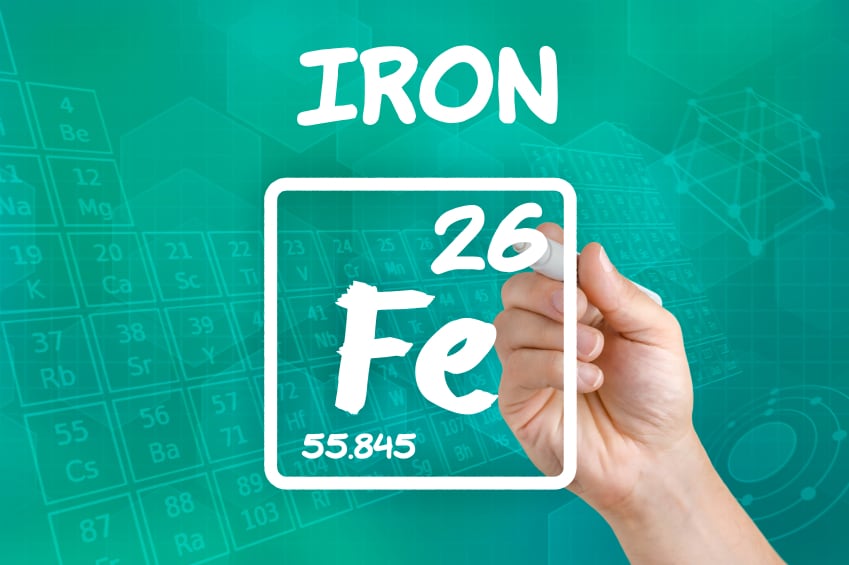Findings from a Spanish and Harvard-based team point to a slightly longer gestation among live births achieved via in-vitro fertilisation with no apparent link to maternal folate intake.
“We evaluated the relation between parental preconception folate intake in couples undergoing infertility and treatment,” says the study led by Dr Nerea Martín-Calvo, assistant professor based at the University of Navarra.
“We found that paternal, but not maternal, folate intake prior to conception was associated with longer duration of pregnancy (2.6 days for every 400 microgram (mcg) per day increase in intake), after accounting for potential confounders, including maternal folate intake.
“Our findings parallel and refine emerging evidence that found that levels of paternal periconceptional red blood cells folate levels were associated with embryonic growth trajectories.”
Parental influence overlooked?
There is a growing interest in the effect of parental health and lifestyle before conception on the outcome of the pregnancy.
Increasing evidence suggests that paternal preconception exposures may be important for the fate of the pregnancy and resulting offspring with paternal age and obesity identified as risk factors for low birth weight.
In June of this year, the UK government revealed it was to press ahead with plans to fortify flour with folic acid (a synthetic form of folate) in moves to stem the number of birth defects linked to the dietary deficiency of the vitamin.
The UK ‘s previous stance on folic acid fortification is in stark contrast to 60 countries worldwide that now add folic acid to their flour, including Australia, Canada and the US.
Closer to home, Switzerland practices voluntarily fortification with folic acid as it is applied to approximately 250 food products.
At one point Ireland’s voluntary fortification of foods with folic acid was widespread but the number of fortified foods is declining along with the increasing incidences of birth defects of the brain and spine.
Study details
The research team began looking at data from 108 couples participating in infertility treatment between 2007 and 2017 of which 113 pregnancies resulted during the study duration.
The team used food frequency questionnaires to record paternal and maternal pre-conception folate intake.
They also employed linear mixed models to judge whether paternal preconception folate intake was linked to gestational age at delivery and gestational age-specific birth weight.
Findings identified a 400 mcg per day increase in preconception paternal folate intake was linked with a 2.6 day longer gestation period after adjusting for potential confounders, including maternal folate intake.
Similar links were noted for folate from food and supplements. Maternal folate intake was not associated with gestational age at delivery.
Neither paternal, nor maternal folate intake were associated to gestational age-specific birth weight.
“The implications of these findings are of great importance since, if confirmed, they suggest that preconception exposures of the father, including his diet and lifestyle choices, may have an impact on the health of his offspring,” the study concludes.
“Therefore, preconception care should shift from a woman-centric to a couple-based approach.”
Source: Reproductive BioMedicine Online
Published online: doi.org/10.1016/j.rbmo.2019.07.005
“Paternal preconception folate intake in relation to gestational age at delivery and birth weight of newborns conceived through assisted reproduction.”
Authors: Nerea Martín-Calvo et al




